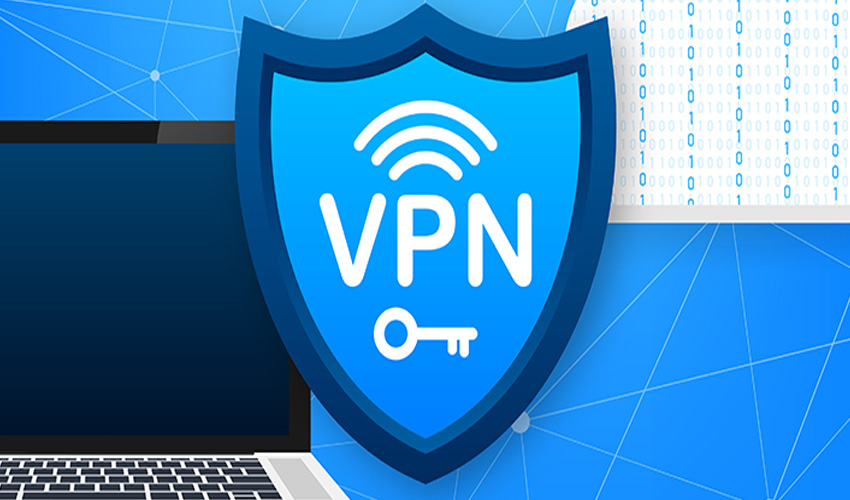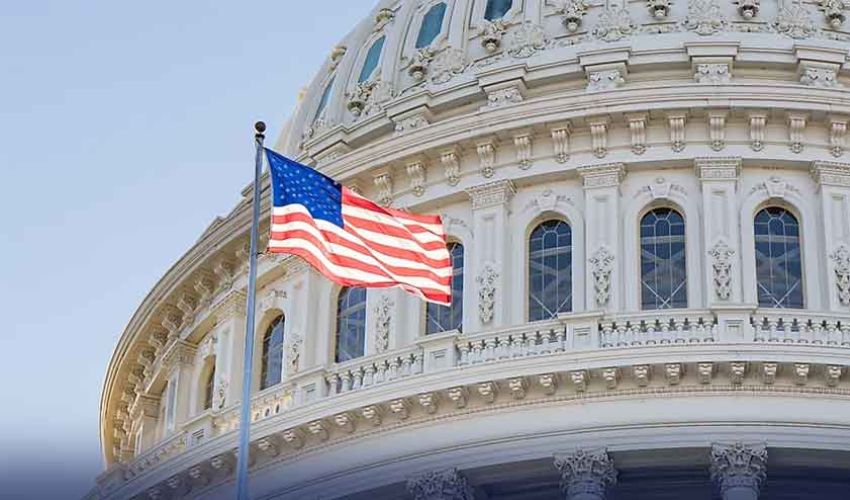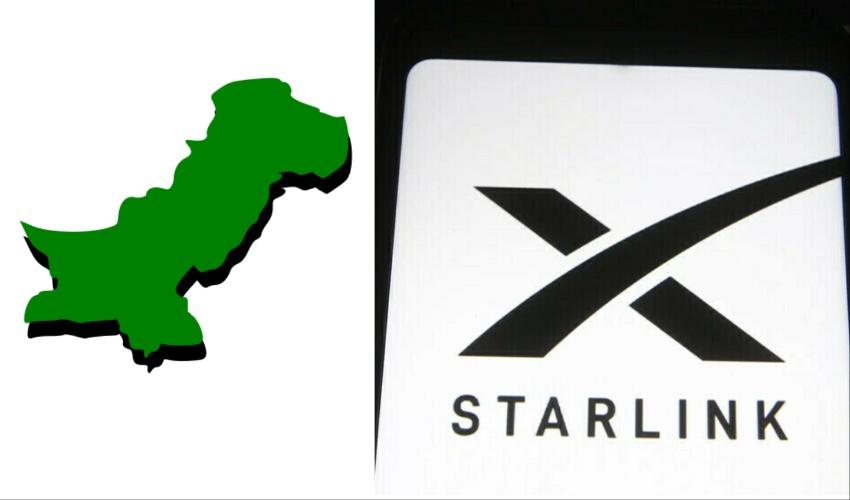In response to the recent ban on social media platforms in Pakistan, there has been an unprecedented surge in the demand for Virtual Private Networks (VPNs), with a staggering 6000% increase reported by Internet privacy company Proton.
The ban on popular social networking sites has prompted citizens to seek alternative means to access unrestricted information and communicate freely.
Switzerland-based Proton emphasized the crucial role VPNs play in circumventing internet censorship and ensuring access to unfiltered information, particularly in countries where democratic processes are under scrutiny.
With elections slated in numerous nations this year, including Pakistan, the need for widespread access to VPN services has become more pressing than ever before.
Proton's recent report highlighted a global trend, showcasing a significant rise in VPN demand across various countries. In Nepal, the increase was recorded at 4700%, while Gabon saw a staggering 25000% surge, underscoring the growing concerns regarding internet freedom and access to information worldwide.
According to Proton, monitoring the demand for VPN services serves as a barometer for government crackdowns on internet freedom. Notably, countries like Venezuela, South Sudan, Sri Lanka, and Turkey, facing similar challenges to internet freedom, will benefit from Proton's provision of free VPN services.
Andy Yen, the head of Proton, stressed the importance of safeguarding democracy and free speech in the face of increasing threats to electoral processes. Yen stated, "2024 will be a pivotal year for democracy globally, as nations grapple with measures that impede free speech and fair elections."
In Pakistan, the shutdown of social media platforms, including Twitter, has drawn widespread criticism, with concerns raised over the restriction of access to information and stifling of dissenting voices.
The recent order by the Sindh High Court to restore internet services highlights the ongoing debate surrounding internet freedom and censorship in the country.
VPNs, hailed as tools to bypass website restrictions, have emerged as a lifeline for individuals seeking to navigate the digital landscape amidst government-imposed limitations.
As the debate over internet freedom intensifies, the surge in VPN usage serves as a poignant reminder of the importance of upholding fundamental rights in the digital age.



























